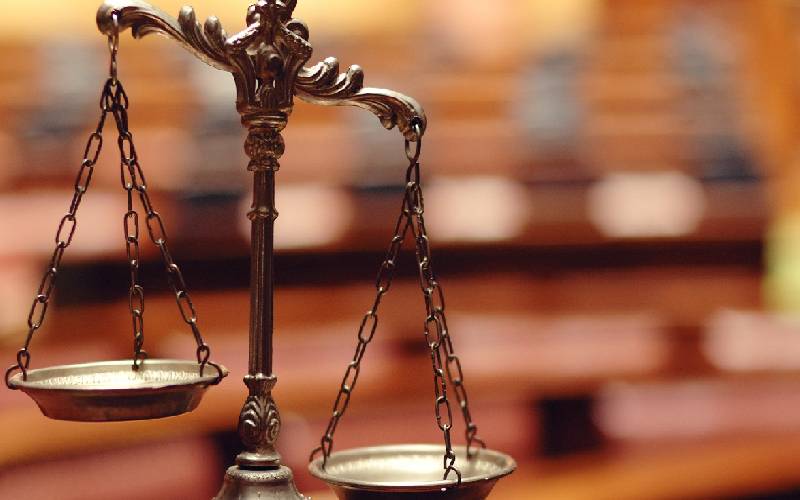×
The Standard e-Paper
Join Thousands Daily

When it comes to playing on the international stage, Kenya struggles to maintain balance in the midst of competing internal and external forces. Its current challenge is to balance between high expectations and the reality of internally and externally induced obstacles. It is to balance the handling of competing big power expectations involving China and the US.